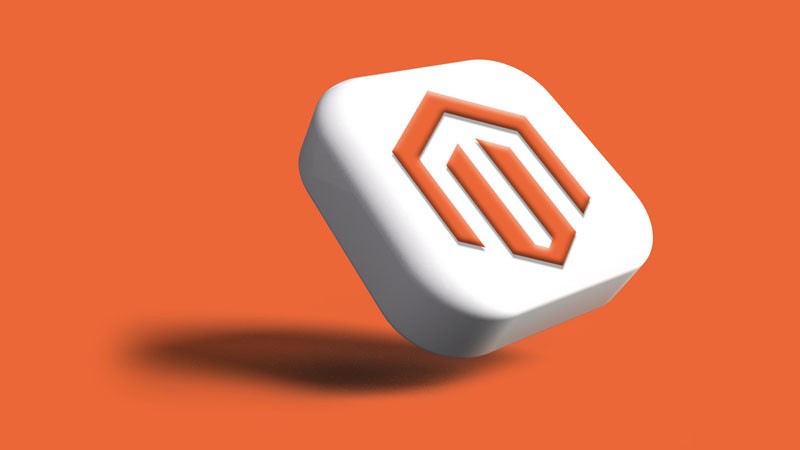Rapid technological advancements in recent years have resulted in dramatic changes in today’s mobile phone technology. Since people are more glued to mobile phones nowadays, It offers an incredible opportunity for businesses to reach their target audience through mobile apps. So, what are the benefits of mobile apps for business?
With the increasing number of smartphone users, custom software in the form of mobile apps have become a powerful tool for businesses to connect with their customers, improve communication, and increase sales.
According to Statista, the user of mobile phone in Australia are constantly on the rise. In 2017, 17.19 million people used their mobile phone to access the internet. In 2022, the users of mobile phone rose to 19.27 million people. Can you imagine how big the impacts that mobile app gives to your company are?
If it’s still blurred for you to figure out how mobile apps can leverage your business, we will make you feel relieved. This article will discuss the benefits of mobile apps for businesses, including how they can increase customer engagement, improve customer service, and boost sales.
Benefits of Mobile Apps for Business
![]()
Why do you need to consider creating a mobile app for your business? Because it can give you some good things, such as:
Increasing Customer Engagement
One of the significant benefits of mobile apps for businesses is that they can increase customer engagement. Mobile apps provide an easy and convenient way for customers to interact with your business.
By using push notifications, businesses can send targeted messages to customers, reminding them of deals and promotions and encouraging them to purchase.
Additionally, mobile apps provide customers with easy access to your business’s products or services, making it more likely that they will make a purchase.
Improving Customer Service
Next, we’re talking about one of the benefits of mobile apps for the customer: they can improve customer service. Mobile apps give customers easy access to your business’s customer service team, making it more likely that they will reach out for help when needed.
Responsiveness is the ultimate key in customer-oriented service such as e-commerce. The faster you can reach your customers, the more satisfied they will be.
Furthermore, you can integrate mobile apps with chatbots that will leverage your customer’s level of satisfaction. It will provide customers with quick and efficient help without waiting for a customer service representative.
Those things will be difficult to achieve if you rely on an e-commerce website only for your business.
Increasing Brand Awareness
Mobile apps can also increase brand awareness for your business. A mobile app will make your business visible on the customer’s home screen, reminding them of your brand and products every time they use their phone.
Additionally, mobile apps can be integrated with social media, making it easy for customers to share your business with their friends and family.
Boosting Sales

Mobile apps can also boost sales for your business. Mobile apps provide customers with easy access to your business’s products or services, making it more likely that they will make a purchase.
Moreover, mobile apps can be interesting with features such as loyalty programs and coupons, encouraging customers to make repeat purchases.
Enhancing Data Collection
Mobile apps allow businesses to collect customer behavior, preferences, and demographic data. This information can improve marketing strategies, product development, and customer service. By collecting data through mobile apps, businesses can better understand their target audience and tailor their efforts to serve them better.
Cost-effective Marketing
Mobile apps also provide a cost-effective way to market your business. By creating a mobile app, businesses can reach their target audience at a fraction of the cost of traditional marketing methods. Additionally, mobile apps can be integrated with features such as push notifications and in-app purchases, allowing businesses to reach their customers in a more targeted and effective way.
Conclusion
In conclusion, mobile apps offer a wide range of benefits for businesses of all sizes, from small businesses to enterprises. They can increase customer engagement, improve customer service, boost sales, increase brand awareness, enhance data collection, and provide cost-effective marketing.
If your business still needs to get a mobile app, it may be worth considering developing one to take advantage of these benefits and stay competitive in today’s digital landscape. Never worry about its price tag since it has various mobile apps that you can choose based on your budget, such as native, hybrid, or progressive web apps.
If you need help deciding what to choose, Upscalix can help you to pick the best one. Upscalix is a Melbourne-based digital company with years of experience in mobile app development.
We have a bunch of experts from UI/UX designers, developers, QA, and other supported divisions that can help you from the start to the end. Ring us up now and make your business more awesome!










